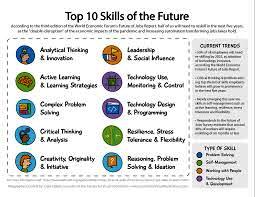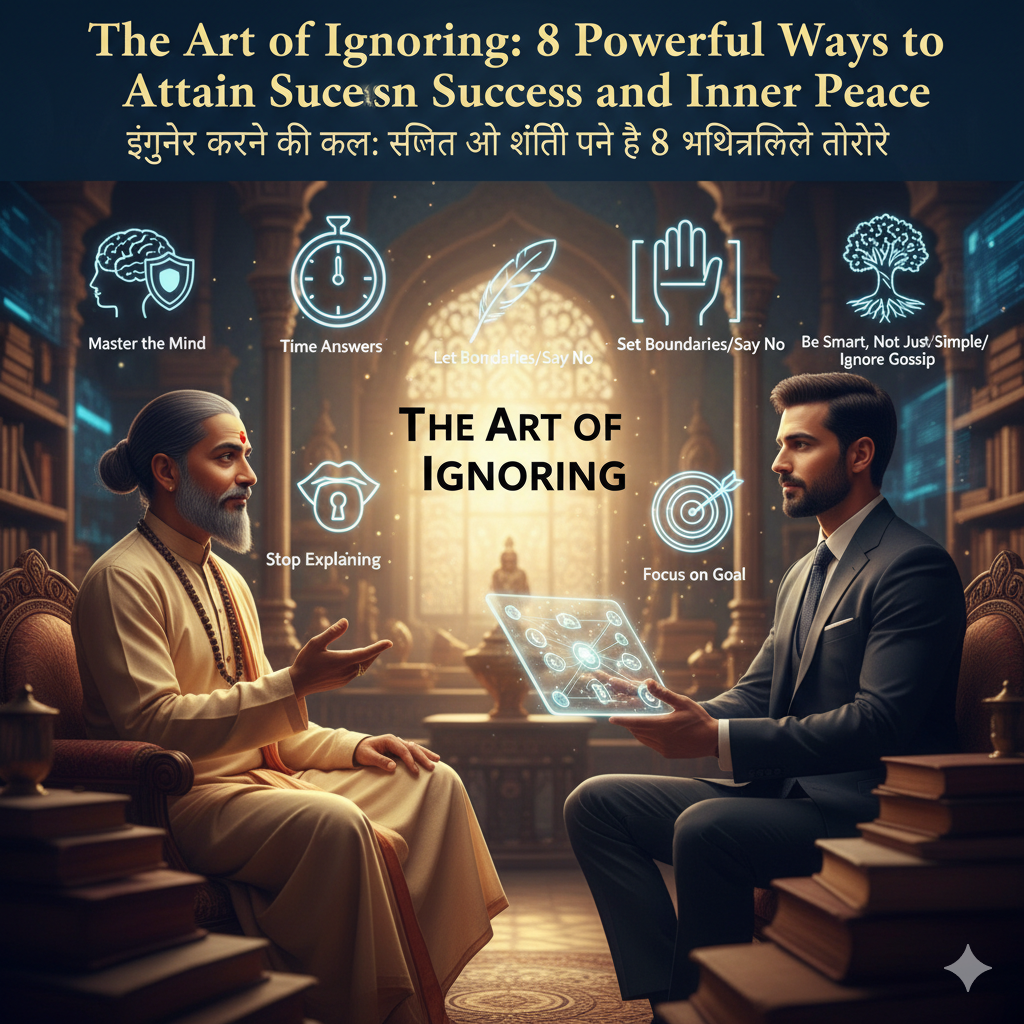In today’s fast-paced world, parenting has become one of the most challenging yet crucial responsibilities. Unlike other skills like cooking, driving, or playing an instrument, parenting doesn’t come with a set formula or manual. Every parent is different, and so is every child. Dr. Jamal Khan, a renowned therapist and devoted father, provides valuable insights and reflections from his own journey to help parents navigate this complex path.
The Reality of Modern Parenting
Parenting, according to Dr. Khan, is the most significant responsibility that we are never formally taught. While everything else in life can be learned through training or education, parenting is mostly learned on the job. And in the modern world, with both parents often working and schedules getting tighter, the challenge is even greater.
Dr. Khan’s personal journey began as an ordinary man with a regular career, balancing professional aspirations and parenting duties with his equally committed wife. Both of them being doctors, raising children amidst a developing life and career wasn’t easy, but it was deeply enriching.
Key Challenges for Modern Parents
- Time Constraint:
In households where both parents work, time becomes a precious commodity. The guilt of not spending enough time with children often weighs heavily, especially on working mothers. - Gendered Responsibilities:
Traditionally, the burden of parenting often falls more on mothers. Dr. Khan acknowledges this societal norm but emphasizes that both parents must contribute equally to parenting. - Technology and Surveillance:
One of the practical suggestions Dr. Khan offers is using home surveillance (like cameras) to ensure the safety and monitoring of children when parents are away. He highlights this not as paranoia but as a rational precaution in today’s environment.
Effective Strategies for Parenting
- Create a Safe and Trusting Environment:
Children need to feel secure at home. Even in your absence, systems like camera surveillance can provide reassurance. But more importantly, your consistent presence and engagement matter most. - Be a Role Model:
Children learn by observing. As Dr. Khan narrates, to teach a child not to consume excessive sugar, he had to first give it up himself. You cannot guide unless you practice. - Avoid Being Overprotective:
While parental instincts urge us to shield our kids from discomfort, Dr. Khan emphasizes the importance of allowing children to face minor setbacks. Overprotectiveness can hinder a child’s emotional growth and resilience. - Discipline without Violence:
One of the strongest takeaways from Dr. Khan’s experience is that hitting a child is never justified. Discipline should be firm but kind. A meaningful gaze, a change in tone, or logical consequences work better than punishment.
Building Respectful and Responsible Children
Children today are exposed to various stimuli. Dr. Khan highlights that kids can throw tantrums in malls, demand toys, or even hit their parents. These behaviors need to be corrected early and consistently.
- Start by observing whether the child’s behavior is rooted in any mental health issues. Some children may show signs of ADHD or sensory issues.
- Seek professional help like a child psychologist if behaviors are extreme or persistent.
- Maintain a united front as parents. When one parent disciplines, the other should not contradict. Mixed signals confuse children and encourage manipulation.
Addressing Sibling Rivalry
Sibling rivalry is natural and expected. The solution lies in clearly assigning personal belongings and ensuring children feel equally loved and heard. Avoid excessive comparison and foster cooperation over competition.
Teaching Through Example
Children imitate what they see. Dr. Khan shares how children notice if their parents eat without mobile phones or if they maintain a routine. He urges parents to:
- Eat together without screens.
- Read instead of scrolling social media.
- Talk openly but appropriately in front of children.
Importance of Communication
Open communication builds trust. Dr. Khan insists that your child doesn’t need a best friend; they need present and emotionally available parents. You don’t have to force them to share; if they trust you, they will share voluntarily.
Managing Tantrums and Public Disobedience
Handling a child’s tantrum in public starts at home. Children test boundaries. If they learn that throwing a tantrum at home gets them what they want, they’ll replicate the behavior outside.
- Remain calm.
- Don’t reward bad behavior.
- Redirect their attention.
- Acknowledge feelings but maintain rules.
Nutrition, Habits, and Emotional Intelligence
Feeding habits play a significant role in shaping behavior. Dr. Khan discourages feeding children while watching TV or mobile. He believes children should learn to eat mindfully. Similarly, children should be taught the concept of delayed gratification – they should understand they can’t have everything immediately.
Emotional and Mental Health Awareness
Dr. Khan reminds us of the importance of being aware of psychological conditions. If a child is unusually aggressive, anxious, or withdrawn, do not dismiss it. Seek guidance from teachers and, if necessary, consult child psychologists. Early intervention is key.
Parent as the First Teacher
The child sees parents as their first examples. A daughter looks for qualities of her father in her future partner, and a son learns emotional expression from his mother. Therefore, how parents behave directly influences how children perceive the world.
When to Let Go
Children need independence, and parents need to know when to let go. Dr. Khan shares that there is no specific age for when a child should sleep alone or stop being fed. What matters is gradual detachment with love and respect. Let children grow at their own pace but under guided observation.
Creating a Balanced Household
To raise a happy and balanced child, parents must:
- Be consistent.
- Show affection.
- Establish routines.
- Avoid overindulgence.
- Maintain boundaries.
Dr. Khan also emphasizes that if a parent feels overwhelmed, it’s okay to seek help. Counseling is not only for children but also for parents. The modern world demands a more informed, empathetic, and emotionally intelligent parenting style.
Conclusion
Effective parenting in a busy world is not about being perfect; it’s about being present. With conscious effort, mutual respect, consistency, and love, parents can raise resilient, respectful, and emotionally intelligent children. Dr. Jamal Khan’s life and work stand as a testimony that with the right mindset and small, deliberate steps, parenting can become a fulfilling journey for both child and parent.







